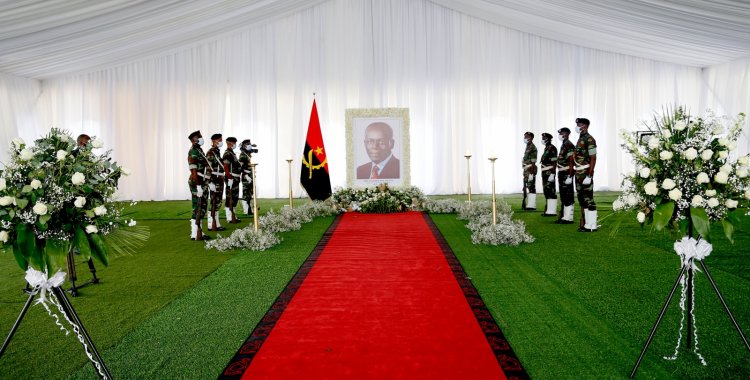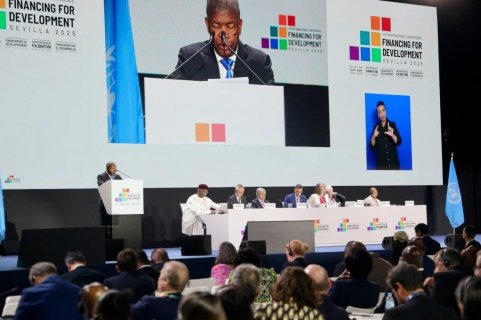The deputy attorney general of the Republic, Mota Liz, assured on Monday, quoted by the Angolan weekly Novo Jornal, that the daughters of former President José Eduardo dos Santos could enter and leave Angola to participate in their father's funeral ceremonies, without fear be detained.
The official, who was speaking during the wake of the former President, declared that "people are not arrested on death days", since "the law itself excludes this possibility".
However, jurists contacted by Lusa said that there are no exceptions provided for in Angolan legislation, namely in the CPP, admitting, however, exceptions of a political-legal nature on certain occasions, by means of agreements.
"Since this negotiation (for the transfer of Eduardo dos Santos' body) is of a political-legal nature, an exception can be made, there will be a kind of suspension of the law at a given time to comply with the agreement that will be reached or that is to be negotiated, in principle this is it", said the jurist Sebastião Vinte e Cinco to Lusa.
As he explained, the rule is, if there is a warrant, that people are detained wherever they are or wherever they are found, even if they were at the wake.
"Of course it will not be while the funeral is taking place, they must wait when it is over, for example, in fact there are international examples of this", he said.
"The normal thing is to proceed like this, but taking into account the political and legal negotiation that is underway, and which we hope will be successful as soon as possible to close this issue, there will be this exception here", argued the jurist.
To substantiate his arguments, Sebastião Vinte e Cinco, even stressed that democracy is driven "by the rule of law", but said: "we all know that political agreements not infrequently eclipse the law, or some elements of the law".
"They have to do with the public interest in a certain context, we see, for example, that despite having a revised Constitution, in 1992, we had a GURN (Government of Unity and National Reconciliation) that was not provided for in the Constitution, so it was a political agreement and it was necessary in that context to implement the peace agreement", he exemplified.
"We believe that this is a calming and suitable measure to promote political stability and to bury the ex-President in conditions of safety for everyone who comes to the funeral ceremony", concluded the jurist.
Article 255 of the CPP stipulates the requirements for arrest warrants, with no exceptions mentioned in any chapter of the CPP.
Contacted by Lusa, jurist Rui Verde said that the CPP "specifies the conditions under which people can be detained, but does not mention exceptions for deaths, marriages or other occasions".
"(This reference) could appear as general legislation in the Code of Civil Procedure, or be some subsidiary, separate law, but I find it very difficult for it to exist outside the CPP", he said.







